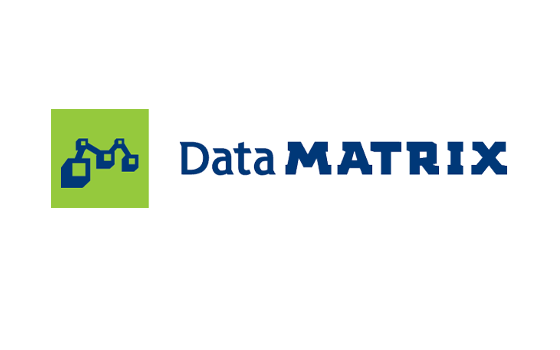 Data MATRIX, a sole Real-World Evidence solutions provider in Russia, has presented a predictive analytics tool for estimating patient survival based on Real-World Data.
Data MATRIX, a sole Real-World Evidence solutions provider in Russia, has presented a predictive analytics tool for estimating patient survival based on Real-World Data.
An important feature of the presented tool for predictive analysis of Real-World Data is its countrywide potential, and the ability to collect and analyze data on different patient cohorts. That in turn allows the estimation of the survival of a patient based on their individual parameters and performed or planned treatment, before being compared with the best treatment option for similar baseline data. Machine algorithms collect information about patients from medical records received from prevention and treatment facilities, pharmaceutical companies, and researchers in 29 regions of the Russian Federation.
The tool demonstration took place at Skolkovo Innovation Center with the participation of the Russian Ministry of Health, and the Russian Ministry of Economic Development. The event was also attended by representatives of major international and Russian pharmaceutical manufacturers such as Novartis, Janssen, and R-Pharm.
The company's medical director, Polina Shpigotskaya, held a live demonstration of the tool's capabilities to the participants, using breast cancer patients as an example. However, the product is also suitable for other therapeutic areas. In real time, the system processed the information about cancer patients with specified parameters, such as sex, age, degree of malignancy, and menopause status, and displayed in graphs and excel tables the prognosis of survival with the best treatment option for the cohort. The company plans to expand the functionality of the platform, increase the database through partnerships with medical institutions, and scale up the system throughout the Russian Federation.
The event was preceded by Russian President’s Vladimir Putin signing Federal Law which established a regulatory sandbox for 7 digitally innovative projects. Data MATRIX was among the 7 projects that can operate within this legal regime. Under the law, Data MATRIX can process personal data derived from electronic healthcare records (EHRs) in an anonymized form. The company will be able to conduct retrospective clinical studies without signing informed consent and obtain anonymized data from healthcare facilities and data integrators.
As a result, pharmaceutical and biotech companies will have a legally compliant provider of Real-world data (RWD) derived from millions of EHRs. This will contribute to the overall knowledge base on drugs efficacy and safety, including those of vaccines.
For further information, please visit:
https://dm-matrix.com
About Data MATRIX
Data MATRIX RWE offers a wide range of Real World Evidence (RWE) solutions with access to millions of electronic health records. This start-up also delivers clinical data management and biostatistics services and develops software for clinical research. To date, the DM RWE portfolio includes over 200 projects for pharmaceutical and biotechnology companies and CROs. DM RWE products include applications such as EDC, IWRS and ePRO. The company is a member of CDISC, ACDM, SCDM and other professional communities.